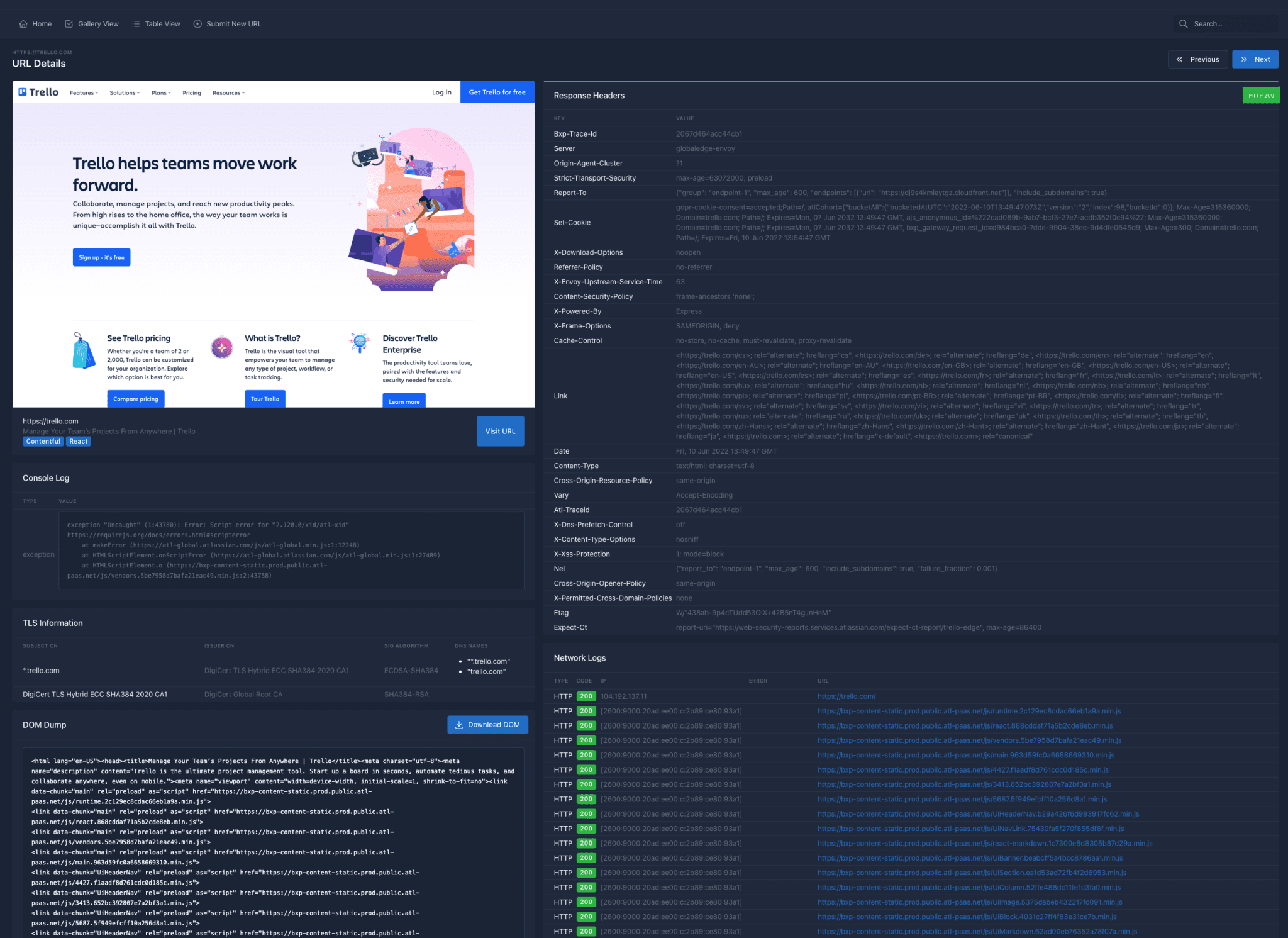MediaTek introduces new Filogic 860 and Filogic 360 solutions
In May of the previous year, MediaTek introduced two Wi-Fi 7 wireless network platform solutions, the Filogic 880 and Filogic 380. Recently, MediaTek has continued to expand its Wi-Fi 7 chip product line, launching the slightly lower-performing Filogic 860 and Filogic 360. Manufactured using the 6nm process, these chips still employ the single-chip MAC MLO (Multi-Link Operation) architecture, known for its excellent energy efficiency and latency performance.

As Techpowerup reports, the Filogic 860 is a high-end Wi-Fi 7 wireless AP solution chip, equipped with three Arm Cortex-A73 cores with frequencies up to 1.8GHz, and an advanced Network Processing Unit (NPU). It boasts superior wireless and wired transmission rates and packet processing capabilities, with key features including:
- Industry leading 6 nm low power Wi-Fi design
- Single-MAC MLO support
- Supports 4096-QAM and MRU
- Supports dual-band Wi-Fi 7 with industry-highest dual-band MLO speed, 7.2 Gbps
- Dual-band, dual concurrent capabilities with 4T4R for 2.4 GHz up to BW40 and 5T5R 4SS for 5 GHz up to BW160
- Support for an additional receive antenna for zero-wait DFS
- Filogic Xtra range support, boosting receiving distance using an extra antenna
The Filogic 360, positioned for a slightly lower market segment, is primarily used in smartphones, PCs, laptops, set-top boxes, and other devices, with main features including:
- Triple-band selectable Wi-Fi 7 2×2 with up to 2.9 Gbps speed
- Supports 4096-QAM and MRU
- 160 MHz channel bandwidth support
- Filogic Xtra range support, boosting communication distance by unique Hybrid MLO solution
- Support for dual Bluetooth 5.4 cores for gaming and other applications
- BLE audio with integrated DSP for LC3 codec support
- MediaTek advanced Wi-Fi and Bluetooth coexistence technology ensures both technologies can operate on the 2.4 GHz band seamlessly, without interference
Currently, MediaTek’s Filogic 860 and Filogic 360 chips have begun to be provided to customers as samples, with mass production expected to commence in mid-2024.





